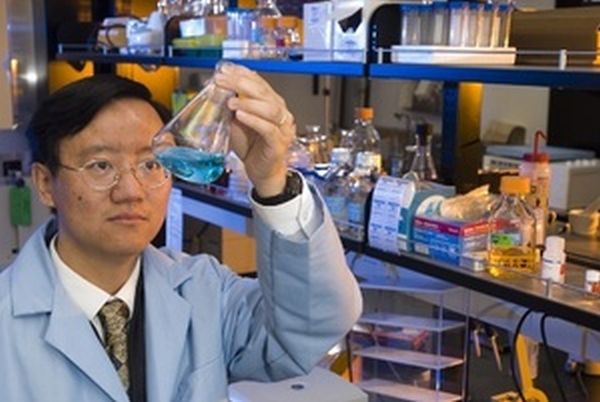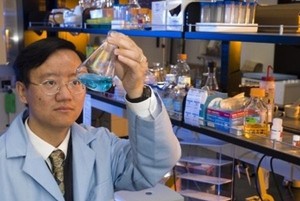Zhang and his team of Virginia Tech researchers suggest an economically cheaper alternative that can replace our fossil fuel awes. The associate professor of biological systems engineering, College of Agriculture and Life Sciences and the College of Engineering, Y.H. Percival Zhang goes on to say, “Our new process could help end our dependence on fossil fuels” So, how did they manage to find an answer to the problem that can potentially untangle the energy crisis of modern world? Read on to know about it.
Plant cell walls are a rich source of xylose, containing as much as thirty percent of it. Theoretically, it was previously impossible to convert this simple sugar to ample amount of hydrogen. The team toiled for seven long years to genetically modify enzymes and combine them. They isolated thermo stable enzymes from extremeophilic organisms and utilized them in mild conditions in reactors to achieve highly purified hydrogen. A mixture of isolated enzymes can be produced almost three times faster than by microbes that utilize xylose and a polyphosphate.
However, biomass rings a bell about ethanol and butanol which have been utilized most thus far for hydrogen generation. However, unlike their efficiency that has been below 100 always, the team has managed to obtain efficiency exceeding hundred for the very first time. With commercial hydrogen production slated to generate $100 billion revenue and high carbon dioxide emissions as well, the traditional method is undoubtedly expensive and polluting due to high cost associated with the bioprocessing and low output. With this discovery, the editors of chemistry journal Angewandte Chemie, International Edition have published the same in the current issue.
As Zhange puts it, “We think this discovery is a game-changer in the world of alternative energy.” We can’t help but agree.





